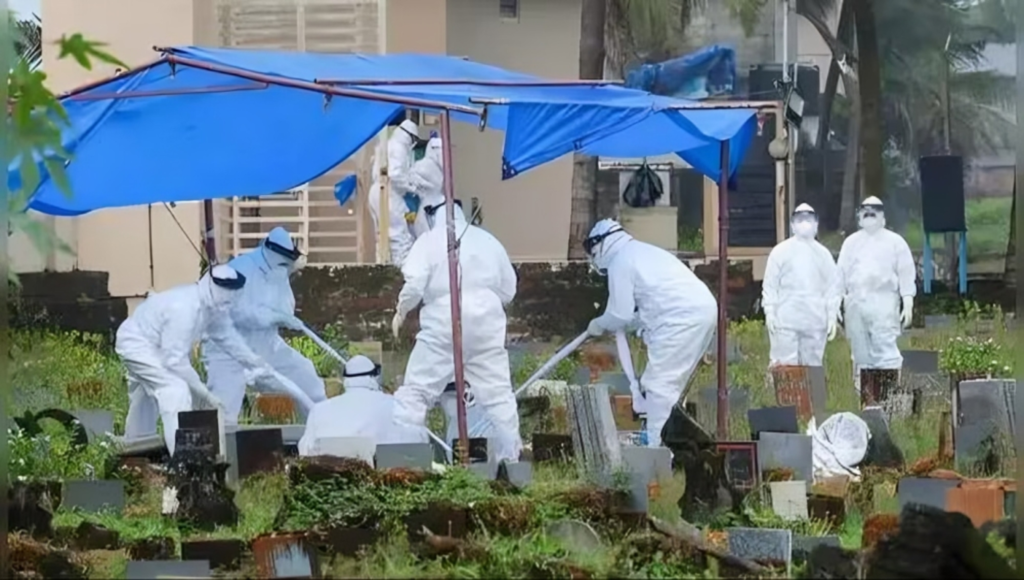The initial group of individuals involved in the Oxford trial were administered the vaccine doses during the previous week. This particular vaccine utilizes the same technology as the AstraZeneca (AZN.L) and Serum Institute of India’s Covid-19 shots.
Following the successful preclinical trials of the ChAdOx1 NiV vaccine candidate for the Nipah virus, the vaccine has now entered the human testing phase. The University of Oxford, in collaboration with 52 participants, will be conducting this trial to evaluate the safety and immune response in individuals aged 18 to 55. A spokesperson from the University’s Pandemic Sciences Institute informed news agency Reuters about this development.
The first group of participants in the Oxford trial has already received doses of the vaccine in the past week. This trial will utilize a similar technology to the one used in the development of AstraZeneca’s and Serum Institute of India’s Covid-19 vaccines, as there is currently no existing vaccine for the Nipah virus.
Dr In-Kyu Yoon, an executive at the Coalition for Epidemic Preparedness Innovations (CEPI), emphasized the epidemic potential of the Nipah virus, with its fruit bat hosts being present in areas inhabited by over two billion people. He stated that this trial is a significant step towards creating a range of tools to protect against this deadly virus.
While the Oxford Vaccine Group is leading the trial, the funding for the human testing is being provided by CEPI, a global coalition dedicated to supporting the development of vaccines for emerging infectious diseases.
Further trials are anticipated to occur in a country affected by the Nipah virus. The Nipah virus is a zoonotic disease that is transmitted to humans through contact with infected animals, particularly bats and pigs. While direct contact with an infected person can also result in transmission, this mode of transmission is less common, as stated by the World Health Organization (WHO).
The Nipah virus was initially identified approximately 25 years ago in Malaysia and has since caused outbreaks in Bangladesh, India, and Singapore.
In September 2023, the state of Kerala in India experienced its fourth Nipah outbreak within a span of five years. The Ministry of Health and Family Welfare reported six laboratory-confirmed cases, including two fatalities, in the Kozhikode district.
This viral infection can lead to severe symptoms, such as acute respiratory infection and fatal encephalitis. Infected individuals may experience fever, headache, cough, and difficulty breathing, with subsequent brain swelling. The fatality rate is estimated to be between 40% and 75%, according to the WHO.
The only effective approach to reduce or prevent infection in individuals is by promoting awareness about the risk factors and implementing preventive measures to safeguard themselves.
